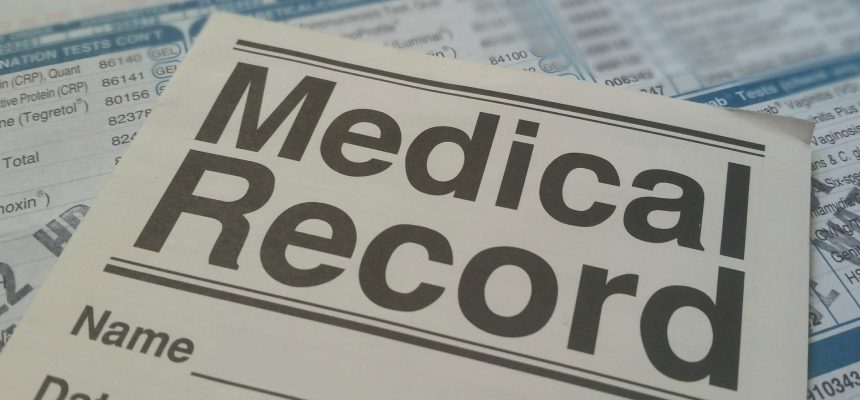CO Paper Highlights Consumers’ Struggle To Obtain Mental Health Care
By Consumers For Quality Care, on June 19, 2019

As part of a yearlong investigative series, The Colorado Springs Gazette is highlighting consumers’ struggle to grapple with gaps in Colorado’s mental health care system. The series, “Mental Health: A Crisis in Colorado,” examines issues impacting Coloradans’ ability to get the mental health care they need, The Gazette reports.
Despite 300 annual days of sun, a booming economy and an unparalleled reputation for physical fitness, Colorado’s residents rank among the most mentally ill people in the country.
Estimates say that roughly 20 percent of Coloradans, about 832,000 individuals, face some kind of mental health condition and more than half of them – 450,000 – are reportedly not receiving treatment. While the government has attempted to improve the state’s health care for its residents, these efforts “have been inconsistent at best and a failure at worst,” according to The Gazette.
Experts and practitioners report that a lack of accessible providers is a large issue in the state, causing consumers in need to go to emergency rooms or neighboring states for care. According to data from HHS’ Bureau of Health Workforce, half of the state’s population lives in areas without mental health providers, with 49 of the state’s 64 counties having no mental health impatient beds as of 2017.
When consumers can find care, they often cannot afford it. According to the Colorado Health Access Survey, nearly 40 percent of those who needed help but were not receiving it reported the cost of care or insurance woes as barriers. In fact, many mental health care professionals do not even accept insurance, forcing consumers to go out-of-network and pay more out-of-pocket.
The series highlights stories of consumers like Cait Pfeifer, who struggled to receive the care she needed. While Colorado traditionally ranks well nationally for accessibility to care, The Gazette says the stories they have encountered tell a broader, bleaker story.
Carrie Baatz, another Coloradan who has struggled to get mental health care, told The Gazette that “cost, a lack of providers and the difficulty in navigating a system that is alien to most” were all impediments to her care. Both Pfeifer and Baatz reported that their conditions deteriorated after difficulty getting treatment.
“We’re down and out, we’re exhausted, we’re sick, and the onus is on us to shout louder than ever … to get the care, respect and dignity we deserve,” said Pfeifer[.]
Lori Jarvis-Steinwert, executive director for the state chapter of National Alliance on Mental Illness says that it is often consumers in the middle of the economic spectrum who get squeezed. Only the richest can afford the expensive, long-term care mental illness often requires. Lower income Coloradans are covered by the state’s Medicaid expansion system.
Jarrod Hindman, who oversees Colorado Health Department’s suicide prevention efforts, says that mental health needs to be treated more like other kinds of illnesses.
“The mental health field needs to shift some of its focus to the preventative framework, just like health care has … Obesity prevention, heart disease prevention, primary care is so hyper-focused — in a good way — on what are the things you could do now to prevent negative outcomes later. We haven’t done that as much in the mental health field.”



